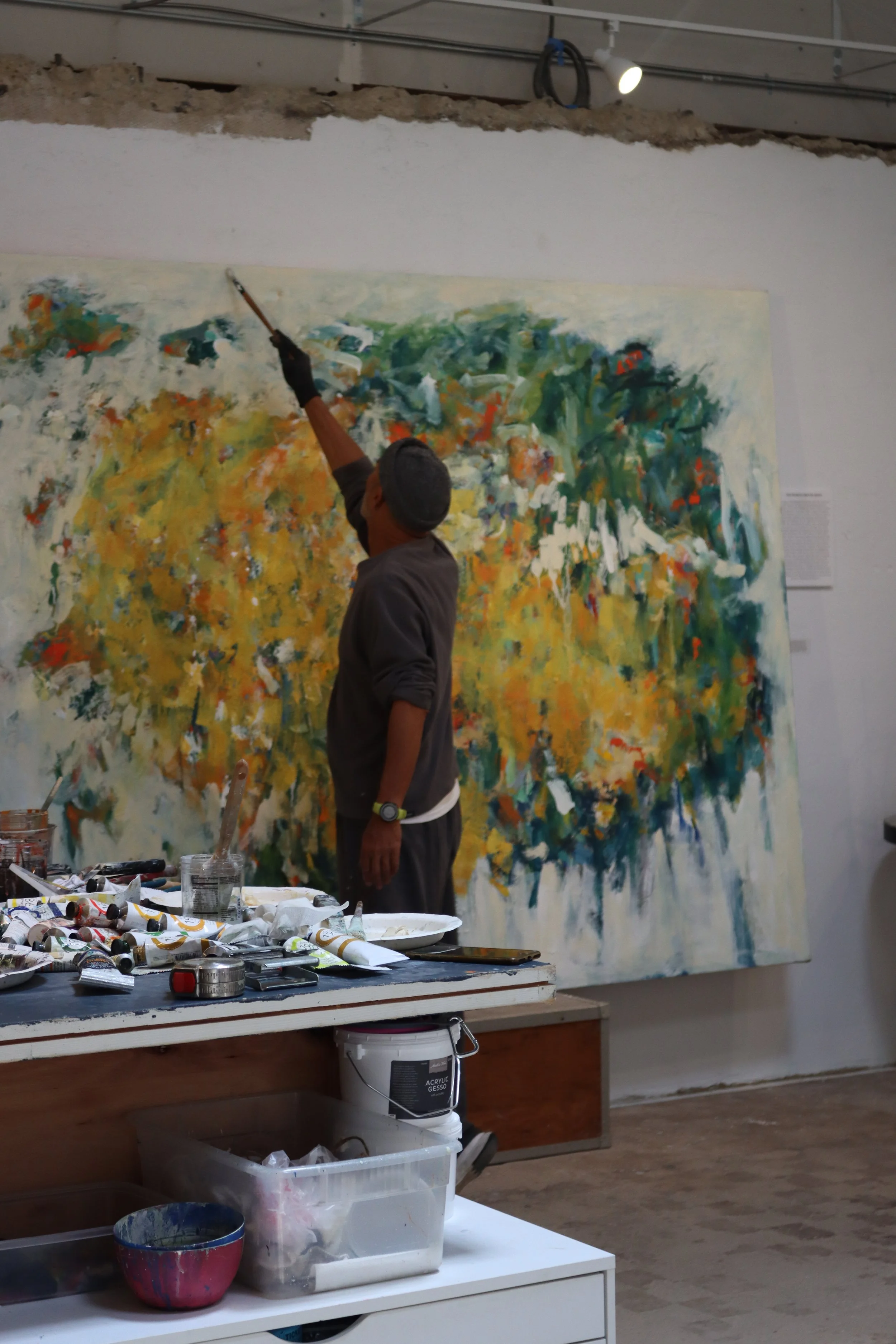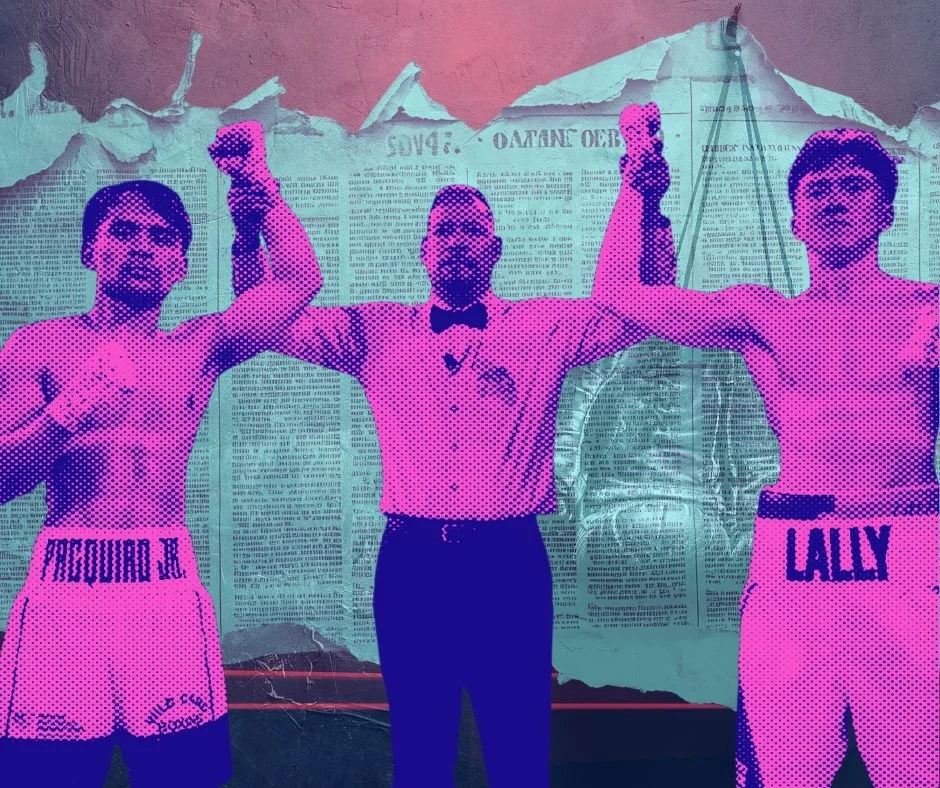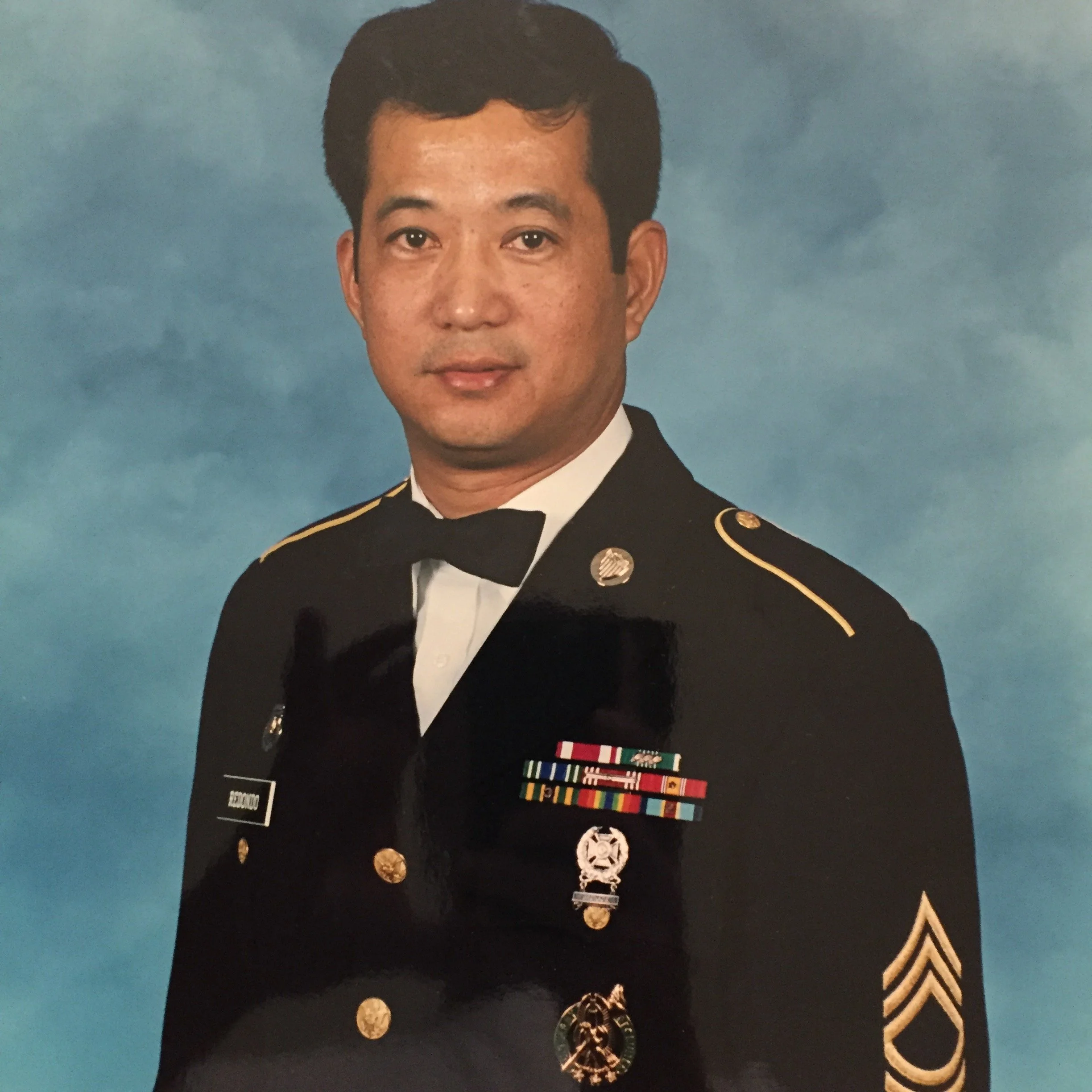Filipino-Born Long Beach Man Arrested for Sending Money to ISIS
August 8, 2025
$1,600, a few DMs, and a bomb in the bedroom — and now he’s at the center of a federal terrorism case.

Photo Courtesy of ABS-CBN News
In a case that’s shaking the Filipino American community, 28-year-old Mark Lorenzo Villanueva—a green card holder originally from the Philippines—was arrested in Long Beach on August 1, 2025, for allegedly wiring money to people he believed were ISIS fighters.
According to the U.S. Attorney’s Office, Villanueva sent 12 payments totaling $1,615 through Western Union between February and July of this year. The funds were funneled through intermediaries and sent overseas. Prosecutors say he used social media to talk to two self-identified ISIS members, expressing both financial support and a desire to fight alongside them. “It’s an honor to fight and die for our faith,” he wrote in one exchange.
Mark Lorenzo Villanueva, 28, of Long Beach, is in federal custody and charged with attempting to provide material support to a foreign terrorist organization. In this case, he is accused of sending money to the ISIS terrorist group.
— Acting U.S. Attorney Bill Essayli (@USAttyEssayli) August 4, 2025
If any member of the public knows of anyone… pic.twitter.com/36cc8N0xJF
In another uncovered message, he asked if the cash would help “cover your equipment and your weapons.” He also told one of them, “Someday soon, I’ll be joining,” according to the L.A. Times.
During the arrest, the FBI reportedly found what appeared to be a homemade bomb in his bedroom, along with knives. If convicted, Villanueva faces a maximum sentence of 20 years in federal prison.
ABS-CBN News, a leading news outlet in the Philippines, has also reported on the case—highlighting Villanueva’s Filipino heritage and immigration status as a lawful U.S. resident. For many Filipinos and Fil-Ams, the story hits hard, bringing up difficult questions about radicalization, identity, and how someone from our community could end up here.
FBI officials say the arrest is part of a broader effort to stop the spread of extremist ideology online. It also shows how small money transfers—and online messages that feel low-key—can escalate into real-life threats.Law enforcement officials say this case is a reminder of how online spaces can become gateways to extremist ideology—and how even small transactions can have serious consequences. The FBI credits the Joint Terrorism Task Force with stopping further harm before it escalated.
As the case unfolds in court, it’s also unfolding in our minds: How do we prevent this from happening again? How do we spot the signs? And how do we support each other—especially those feeling isolated, disillusioned, or unseen?
As Filipino Americans, we’re no strangers to navigating identity, belonging, and belief. But we need to start making space for conversations about radicalization, mental health, and how easily someone can be pulled into something dangerous.
Villanueva’s case is still unfolding. He’s presumed innocent until proven guilty. But the evidence—intercepted chats, financial records, and a bomb in his bedroom—speaks volumes.
Fall is that sweet time of the year when going to a cozy cafe hits the spot. Visiting a place that celebrates Filipino culture makes the stop an experience in itself. While not exhaustive and in no particular order, here's a list of 10 Filipino cafes for an autumnal escape.
What's the protocol when you discover someone with your relatively uncommon last name, "Redondo," whom you've never met? I've always assumed I was acquainted with all my relatives. However, in recent years, I've received inquiries about museum exhibits featuring tennis legends with the Redondo surname, prompting me to wonder about a possible connection.
The first poetry book to be published by a Filipino in the United States, Azucena, was written by Marcelo de Gracia Concepcion. Azucena has been republished this month by Persea Books, a century after its initial release (1925-2025).
It all started with a table outside of a Seafood City in 2015.
LEAD Filipino volunteers were on hand with clipboards and flyers for a Filipino voter registration drive. It was an early campaign for the grassroots organization, which grew out of a desire to build Filipino civic voice and representation.
On October 11, 2025, Maureen Blanquisco officially carved her name in the Bodybuilding hall of fame with her 1st place victory at the Ms. Olympia Bikini competition. This 2025 win made her a 2x champ in the sport, which is an accomplishment only held by 3 other women in bodybuilding history.
Jimuel Pacquiao’s pro debut ends in a majority draw, raising big questions about legacy, pressure, and the first steps of his boxing journey.
Maybe it’s time to stop defining who we are by what we’ve suffered, and start loving who we’ve become.
For decades, visibility was the dream. Filipino Americans looked at city councils, state legislatures, and Congress and wondered: When will we finally be seen? When will our names, our faces, our accents belong in the political landscape of the country we helped build?
In observance and celebration of Veterans Day, I have the special honor of interviewing someone who means the world to me — my dad. He is a proud U.S. Army veteran and a proud Filipino American whose journey reflects both courage in service and strength in identity.
Loving a Country You No Longer Live In: When Filipino American Power Meets Philippine Politics
Rico Hoey grew up playing golf and even shared his home course of Goose Creek Golf Club (Mira Loma, CA) with fellow PGA tour member, Sahith Theegala. In an interview with Fore Magazine in 2023, Theegala told Fore Magazine that “Hoey is a genuine person who makes it fun to be around”.
COCOLAB was founded by sisters Dr. Chrystle Cu and Catherine Cu. Dr. Chrystle Cu, a dentist, is passionate about enhancing oral care products. Catherine Cu, an artist, contributes her design expertise to the business.
Known for transforming the simplest ingredient, the egg, into crave-worthy comfort food, Eggslut became phenomenon. And at the center of it all is its founder, Alvin Cailan, a Filipino-American with a vision.
In the world of event activations and experiential marketing, standing out is not easy. You’ll find yourself competing against companies that have been operating for years or even small boutique agencies. The Lounge Booth, has quickly become the go-to for brands, celebrities, and influencers seeking an elevated, one-of-a-kind photography experience.
Chef Danielle Comerford, explores the rich culinary heritage of the Philippines in Episode #3: Kain Tayo of the Netflix docuseries 1 in 7641. The episode follows Comerford as she journeys through Bacolod, Pampanga, and Ilo-Ilo, sampling diverse local dishes.
Being Filipino American in California is not the same as being Filipino American in Ohio. Identity shifts with geography - and organizing must too.
As Filipino American History Month comes to a close, DISKARTE: Coalition reminds us that culture isn’t just something to celebrate — it’s something to build from.
From basketball courts to kitchens, DJ booths to art studios, DISKARTE is turning Filipino creativity into collective power.
In Filipino culture, a failed marriage is not just heartbreak - it’s treated like a family shame. But silence only deepens the wounds.
‘Noise Complaints’ has collaborated with artists such as DJ Sparky, RECAP, DJ Jehred, DJ LEX, and Miles Medina, among others. By spotlighting these talents, Noise Complaints not only provides a platform for their creativity.
Mariah Carey just made it official. Christmas has begun — in October, in Manila. The Queen of Christmas didn’t wait for December to drop All I Want for Christmas Is You live, and honestly, that’s the most Filipino-coded thing ever.
She’s always said her Filipino fans are some of her most loyal, and this time she proved the love is mutual. Sparkly gown by Michael Cinco, whistle notes on point, and a crowd that sang every line like it was Noche Buena.
Jae'roze Tate is a Filipino African American musical artist who blends English and Tagalog in her rap lyrics. Born and raised in the Philippines, she later moved to the United States for higher education.
Our parents dreamed of retiring in the Philippines. But if we only buy condos we rarely live in, we’re not building wealth - we’re burying it.
Professional basketball player turned media-tech entrepreneur. Jared Dillinger played in the Philippine Basketball Association (PBA) for 18 years and won 9 PBA championships throughout his career.
rofessors Emmanuel David and Yumi Janairo Roth have extensively researched this forgotten group, publishing their findings in February 2024 in Playing Filipino: Racial Display, Resistance, and the Filipino Rough Riders in Buffalo Bill’s Wild West .
Maris Racal brings Antoinette Jadaone’s award-winning film Sunshine to the 2025 San Diego Filipino Film Festival as the Centerpiece Presentation. The coming-of-age drama about a young gymnast facing impossible choices continues its global run.
Outsourcing isn’t job creation. It’s wage theft with a passport - even when Filipinos do it to Filipino.
An unflinching look at how political dynasties have turned Philippine democracy into a family business — and how those same loyalties continue to divide and define Filipino America.
A sports marketing professional, award-winning host and multi-hyphenate creative, has added filmmaker to her list of accomplishments. Her passion lies in expanding soccer's reach by sharing stories that highlight identity, culture, and belonging.
Elenita Makani O'Malley is taking kwentuhan, the act of storytelling, to another level through her upcoming short documentary about four generations of Filipina Americans from Oakland, California.































When the Avengers: Doomsday one-year countdown dropped, audiences didn’t just watch. They paused, replayed, shared, and even speculated about hidden messages. A week later, the clip surpassed 14 million views, becoming a viral moment picked up across major media outlets that fueled anticipation for the next chapter of the Marvel Universe.
The countdown video was the result of a collaborative effort led by AGBO and its studio partners. Supporting the marketing team as a contracted editor was Joshua Ortiz (@joshuajortiz), a Filipino American filmmaker whose career has steadily built toward opportunities to contribute to projects of this scale, alongside earlier success with the short films he has written and directed.